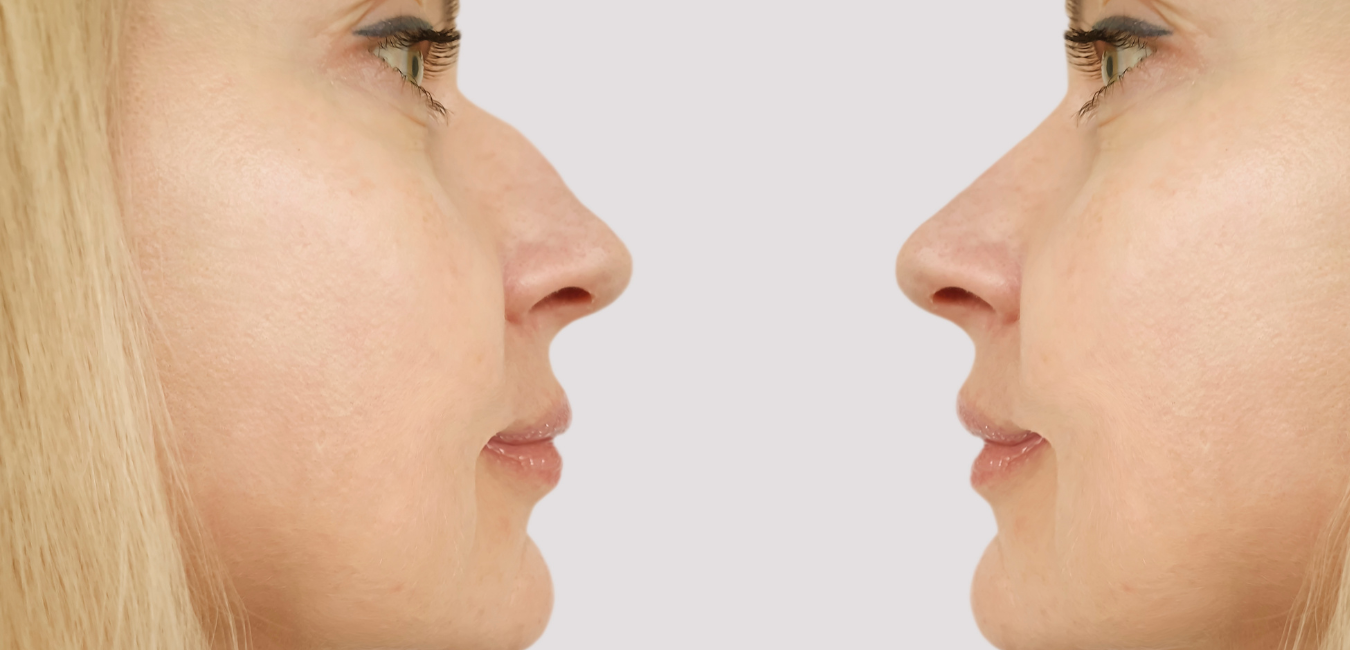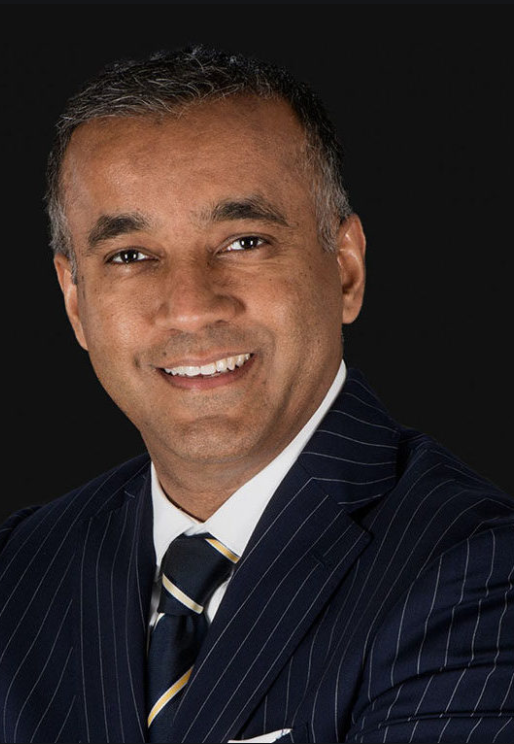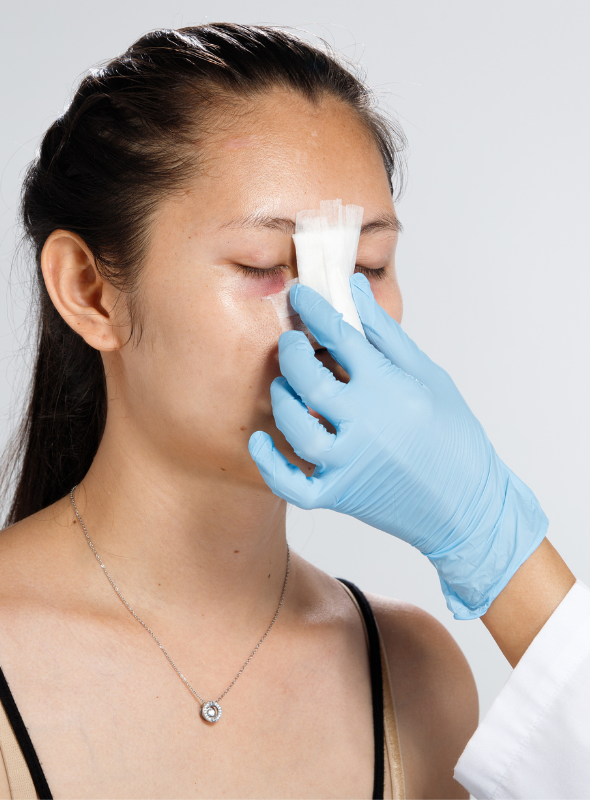What happens during a rhinoplasty?
Before your surgery
In preparing for your surgery, you will need to fast for 6 hours prior to the procedure. You may drink small sips of clear fluid such as water and black tea or coffee up to 2 hours beforehand. Further preparation advice will be provided by your surgeon once you have decided you are going ahead with the procedure.
During your surgery
Your surgery will be performed under a general anaesthetic, and can be done as a day case or with an overnight stay.
Rhinoplasty surgery is done by cutting a small incision either inside the nostrils or across the column between your nostrils, and reshaping the nose from within. Depending on your area of concern, this can happen in a number of ways.
For example, to change the shape of the nose ridge, your surgeon will remove any cartilage or bone that creates a humped appearance. To change the length of your nose, your surgeon will adjust the cartilage at the tip of the nose.
Incisions inside the nostrils are closed up with dissolvable stitches. For stitches in the nose during open surgery, these will need removing 1 week later. Your nose will be placed in a splint.
After your surgery
Depending on your surgery, you may need nasal packs in the nose overnight. In the weeks following your surgery, your nose might feel stiff, numb and blocked, and you will need to breathe through your mouth for about a week. It is also common to experience soreness, swelling and bruising on your face, which can last up to 3 weeks.
Many rhinoplasty patients take up to 2 weeks off work for recovery. After a week, your stitches can be removed and your splint can come off. You will be advised to avoid strenuous exercise for 6 weeks.
It is important to understand that it might take several months to see the full effect of the surgery, and for the swelling to go down completely.








